
Bài tập tiếng Anh lớp 12 unit 3 có đáp án
Giới thiệu bài tập tiếng Anh lớp 12 kèm đáp án theo từng unit trong sách giáo khoa tiếng Anh lớp 12.
Unit 3 trong sách tiếng Anh lớp 12 với chủ đề WAY OF SOCIALISING với bài tập gắn liền với bài học sẽ giúp các em ôn tập lại kiến thức tốt hơn.
Bài tập tiếng Anh lớp 12 kèm đáp án chuẩn

Bài tập tiếng Anh lớp 12 có đáp án
UNIT 3: WAYS OF SOCIALISING
I. Practice reading the following two-syllable words and then mark the primary stress in each word.
|
attract |
social |
verbal |
discuss |
common |
waving |
|
signal |
airport |
instance |
assist |
approach |
decent |
|
install |
argue |
schoolyard |
polite |
express |
regret |
|
mistake |
parent |
realize |
observe |
abrupt |
police |
|
farewell |
offer |
problem |
object(v) |
party |
toward |
|
process |
formal |
perfect(adj) |
obvious |
accept |
suppose |
II. Complete these sentences with correct form of the word from the box.
|
Attend approach apologize attract verbal formal |
1. They were very……………..about the trouble they’d caused.
2. It was very…………….. – more of a chat than an interview.
3. She was critical to the point of………………
4. Whistling to get the person’s attention is usually considered………………
5. Films with big stars always attract great………………
6. She heard footsteps……………..from behind.
7. No one with any sense of……………..can ignore their request for help.
8.We can use either verbal or……………..forms of communication to attract someone’s attention.
9. The……………..of a new computer system will take about a week.
10. The main……………..at Giverny is Monet’s garden.
11. Air pollution in the city had reached four times the……………..levels.
12. We can raise our hand slightly to show that we need………………
III. Complete the passage with the correct form or tense of the verbs in brackets.
THE AUSTRALIA SALUTE
Before I (1)………(visit) Australia, an Australian friend in London (2)……… (tell) me I should learn ‘the Australia salute’. “What’s that?” I askeD. “You’ll find out when you (3)………(get) there,” he saiD. I (4)………(arrive) in Perth last week. Since then I (5)……… (stay) at a nice hotel near a beautiful beach. I (6)……… (never visit) Australia before and I am enjoy my stay. I (7)……… (swim) every day from the time I (8) ……… (arrive). Yesterday, an Australian friend (9)……… (sug-gest) a tour into ‘the bush’. I agreed at once. The first thing I (10) ……… (notice) when we were in the bush(11) ……… (be) the flies. After a while I remembered the conversation I (12)……… (have) in London before I (13)……… (come) here. “What’s the ‘Australia salute’?” I asked suddenly, as I waved my right arm to keep the flies away. “That’s it!” my friend said as he (14)……… (wave) back!
IV. Choose the correct answer.
1. The doctor says that he…………you in twenty minutes.
A. will see B. would see C. saw D. could see
2. She reassured me that she…………the invitations well before the wedding.
A. has sent B. must send C.was sent D. had sent
3. Health officials warn that anyone who…………directly at the sun during an eclipse may put their sight at rick.
A. looks B. look C.looked D. had looked
4. She boasted that she…………when she was three.
A. can read B. used to read
C. is able to read D.had been able to read
5. The government has announced that taxes…………
A. are raising B. were raised
C. will be raised D. would be raised
6. He proved that the earth…………round the sun.
A. goes B. would go C. was going D. had gone
7. Maggie promised that she…………at home by 9.00, so I phoned her shortly after that.
A. was B. will be C. would be D. will have been
8.He reminded me that I…………forget my credit carD.
A. hadn’t to B. couldn’t C. mustn’t D. didn’t have to
9. Dr Weir thinks that he…………about 5 minutes on a typical appointment with a patient.
A. spends B. spent C. would spend D. had spent
10.The BBC announcer said the new underpass…………the day after tomorrow.
A. is officially opening C. was being officially opened
C. officially opened D. was officially opening
11. M artin said his hair was wet because…………
A. he’d been swimming B. he’s been swimming
C. he swam D. he swims
12. A company spokesperson said that the accusation………… completely untrue.
A. are B. be C. should be D. were
13. John assured me that he…………but he hasn’t turned up yet.
A. will come B. had come
C. was going to come D. should come
14. He said he…………television when the robber broke into the house.
A. was watching B. watched
C. had been watching D. had watched
15. No one has informed us why our application…………unsuccessful.
A. is B. was C. has been D. had been
V. An Englishman made a solo cycle journey round the worlD. In one country he was arrested and taken to a police station, where the police asked him lots of question. Months later, he told a reporter all about the incident. How did he report the questions from the police? Use the verbs of reporting in brackets.
1.‘What have you got in your luggage?’ (want to know)
………………………………………………………………………………..
2.‘Are you a spy?’ (ask)
…………………………………………………………………………………
3. ‘Do you have a notebook? (ask)
………………………………………………………………………………..
4. ‘Where are you going?’ (want to know)
………………………………………………………………………………...
5. ‘Where have you come from” (want to know)
………………………………………………………………………………..
6. ‘How long have you been in the country?’ (inquire)
…………………………………………………………………………………
7. ‘Have you spoken to anyone on your journey? (wonder)
………………………………………………………………………………..
8. ‘Who paid for your journey?’ (ask)
…………………………………………………………………………………
9. ‘Are you carrying any drugs?’ (inquire)
…………………………………………………………………………………
10. ‘Where do you plan to sleep?’ (ask me)
…………………………………………………………………………………
VI. Decide which sentence is spoken by which person. Then report what was saiD.
|
1. Can you sit down in your seats, please? 2. I want you to learn all the new words. 3. Don’t leave these books on the table, put them back on the shelf. 4.You ought to go on a diet. 5. Don’t be late tomorrow morning. 6. Can you move your car out of the way, sir? 7. Open the safe! 8. You mustn’t leave your bags unattendent. 9.Could you take our luggage, please? 10.Read the notice about life-saving equipment. |
Boss told employees. Bus driver asked passengers. Air hostess advised passengers. Doctor told patient. Hotel guests asked porter. Security guard asked travelers. Teacher told class. Traffic warden told motorist. Raiders ordered bank clerk. Librarian told students. |
1. ………………………………………………………………………………….
2. ………………………………………………………………………………….
3. ………………………………………………………………………………….
4. ………………………………………………………………………………….
5. ………………………………………………………………………………….
6. ………………………………………………………………………………….
7. ………………………………………………………………………………….
8. ………………………………………………………………………………….
9. ………………………………………………………………………………….
10. .……………………………………………………………………………….
VII. Put the following into indirect speech using the verbs below. If necessary, and an appropriate object or preposition after the verb: ask, advise, invite, offer, remind, refuse, warn, order, criticize, promise, agree, suggest, insist, apolo-gize, deny.
1. ‘I should say nothing about it if I were you.’
My brother……………………………………………………………………..
2. ‘Would you like to have lunch with me on Saturday, Sarah?
John……………………………………………………………………………
3. ‘Remember to switch the computer off when you’ve finisheD.’
He……………………………………………………………………………..
4. ‘Would you mind not smoking between courses?’
Their hostess………………………………………………………………….
5. ‘All right. We will postpone the meeting until 11th July.’
The committee…………………………………………………………………
6. ‘I’m really sorry I got the message wrong.’
She……………………………………………………………………………..
7. ‘No, I certainly didn’t use your cassette player!’
Alfred…………………………………………………………………………..
8. ‘Show me your driver’s licence, will you?’
The policeman…………………………………………………………………
9. ‘I’m just not going to the student party.’
Nora…………………………………………………………………………..
10. ‘Social services should have taken more action to protect children at rick.’
They…………………………………………………………………………..
11. ‘Don’t go too near the edge of the cliff, boys.’
He…………………………………………………………………………….
12. ‘Let stay here till the storm have passeD.’
Laura………………………………………………………………………..
13. ‘I really must speak to the headmaster personally.’
He…………………………………………………………………………….
14. ‘Do you want me to type this document for you?’
James…………………………………………………………………………
15. ‘I’ll look after your children while you are away on a business trip.’
My mother……………………………………………………………………
VIII. Put the following into indirect speech. Use a suitable reporting verb in each case.
1 . ‘Will it be safe to stay in the mountains for the night if the weather doesn’t change for the better?’ we asked the guide.
………………………………………………………………………………………
2 .The porter said to me ‘I’ll wake you up when the train arrives in Leeds.’
………………………………………………………………………………………..
3. ‘You had better slow down. There’s a speed limit here.’ She said to me.
………………………………………………………………………………………..
4. ‘I can hardly hear the radio,’ he said. ‘Could you turn it up?
………………………………………………………………………………………
5. ‘They should put traffic lights here, otherwise there’ll be more accidents,’ she said.
………………………………………………………………………………………
6. ‘Don’t go walking in the fog, it can be very dangerous,’ the mountain guide said.
………………………………………………………………………………………...
7. ‘I haven’t read so interesting a book since I don’t remember when,’ she said.
………………………………………………………………………………………...
8. ‘Are you thirsty? Shall we go somewhere for a cup of coffee?’ John said.
………………………………………………………………………………………...
9. ‘Why are you so late? I’ve been waiting for half an hour already,’ Tom said to Jane.
………………………………………………………………………………………...
10. ‘Remember to leave the window open when you’re using the gas stove,’ my mother said to me.
………………………………………………………………………………………...
11. ‘I’m taking my children to the zoo tomorrow she said, ‘Will you come with us?’
………………………………………………………………………………………...
12. ‘Would you mind getting out of the car?’ said the driver. ‘I have to change a wheel.’
………………………………………………………………………………………...
13. ‘What was she wearing when you saw her last?’ the policeman asked me.
………………………………………………………………………………………...
14. ‘Would you like to borrow this book?’ I asked her. ‘I have read it already, thank you.’ She said.
………………………………………………………………………………………...
15. ‘All right. It’s true. It was me who scratched the car,’ she said.
………………………………………………………………………………………...
IX. Complete this letter with the cues given.
Dear Mom and Dad,
1. You/ be pleased hear I/ meet/ London Airport/ Mr. and Mrs. Robinson and/ son Michael.
………………………………………………………………………………………...
2. Before I arrive/ it rain/ a week but/ Sunday/sun shine/ first time.
………………………………………………………………………………………...
3. Last Tuesday they take me/ Buckingham Palace/ I see the Changing of the Guard/ listen the band
………………………………………………………………………………………...
4. Then we go/ Hyde Park/ have lunch/ a restaurant.
………………………………………………………………………………………...
5. After we/ eat/ we go/ walk/ see the Serpentine Lake.
………………………………………………………………………………………...
6. While we/ walk/ I buy/ postcard/ I enclose/ this letter.
………………………………………………………………………………….
7. London have/ many/ interesting place/ see and I/ enjoy/ be here very much.
………………………………………………………………………………………...
8. Mr. And Mrs. Robinson and Michael ask me/ give/ their kind regards.
………………………………………………………………………………………...
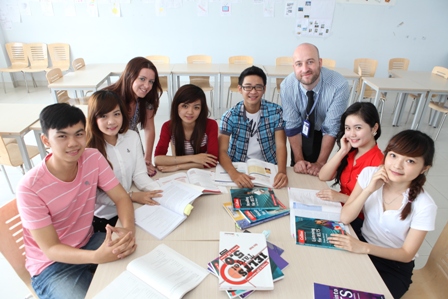
Luyện tiếng Anh lớp 12 tại nhà
Đáp án
I.
‘attract ‘social ‘verbal dis’cuss ‘common ‘waving
‘signal ‘airport ‘ instance a’ssist a’pproach ‘decent
In’stall ‘argue ‘schoolyard po’lite ex’press re’gret
Mis’take ‘parent ‘realize ob’serve ab’rupt po’lice
Fare’well ‘offer ‘problem ob’ject(v) ‘party to’ward
‘process ‘formal ‘perfect(adj) ‘obvious ac’cept sup’pose
II.
1. apologetic
2. informal
3. rudeness
4. impolite
5. attention
6. approaching
7. decency
8. non-verbal
9. installation
10. attraction
11. acceptable
12. assistance
III.
1. visited
2. told
3. get
4. arrived
5. have been staying/have stayed
6. have never visited
7. have been swimming
8. arrived
9. suggested
10. noticed
11. was/were
12. had had
13. came
14. waved
IV.
1. a
2. d
3. a
4. d
5. c
6. a
7. c
8. c
9. a
10. b
11. a
12. d
13. c
14. a
15. c
V
1. They wanted to know what I had got in my luggage.
2. They asked me if I was a spy.
3. They asked if I had a notebook.
4. They wanted to know where I was going.
5. They wanted to know where I had come from.
6. They inquired how long I had been in the country.
7. They wondered if I had spoken to anyone on my journey.
8. They asked who paid/had paid for my journey.
9. They injuired if I was carrving any drugs.
10. They asked me where I planned to sleep.
IV.
1. The bus driver asked the passengers to sit down in their seats.
2. The teacher told the class to learn all the new words.
3. The librarian told the students not to leave those books on the table and asked them to put them back on the shelf.
4. The doctor told the patient to go on a diet.
5. The boss told the employees not to be late tomorrow morning/the next morning.
6. The traffic warden told the motorist to move his car our of the way.
7. The raiders ordered the bank clerk to open the safe.
8. The security guard asked the travelers not to leave their bags unattended.
9. The hotel guest asked the porter to take their luggage.
10. The air hostess advised the passengers to read the notice about life-saving equipment.
VII.
1. My brother advided me to say nothing/not to say anything.
2. John invited Sarah to have lunch on Saturday.
3. He reminded me to switch the computer off when I had finished.
4. Their hostess asked them not to smoke between courses.
5. The committee agreed to postpone the meeting until 11th July.
6. She apologized for getting the message wrong.
7. Alfred denied using/having used my cassette player.
8. The policeman ordered the driver to show him his driver’s licence.
9. Nora refused to go to the student party.
10. They criticized social services for not taking more action to protect children at risk.
11. He warned the boys not to go too near the edge of the cliff.
12. Laura suggested staying there till the storm had passed/suggested that we should stay there.
13. He insisted on speaking to the headmaster personally/insisted that he speak to the headmaster personally.
14. James offered to type this/that document for me.
15. My mother promised to look after my children while I was away on a business trip.
VIII.
1. We asked the guide if/where it would be safe to stay in the mountain for the night if the weather did not change for the better.
2. The porter told me he would wake me up when the train arrived in Leeds/promised to wake me up when the train arrived in Leeds.
3. She advised me to slow down as there was a speed limit there/and said there was…
4. He said he could hardly hear the radio and asked me to turn it up.
5. She said they should put traffic lights here’ otherwise ther would be mor accidents.
6. The mountain guide warned them not to go walking in the fog as it could be very dangerous.
7. She said she had not read so interesting a book since she dit not remember when.
8. John asked if/whether we were thirsty and suggested going somewhere for a cup of coffee./suggested that we should.
9. Tom asked jane why she was so late and added that he had been waiting for half an hour.
10. My mother reminded me to leave the window open when I was using the gas stove.
11. She said she was taking her children to the zoo tomorrow/the next day and askedd me if I would come with them/…and invited me to come with them.
12. The driver asked me to get out of the car and said he had to change a wheel.
13. The policeman asked me what she was wearing/had been wearing when I last saw her.
14. I asked her if she would like to borrow the book but she thanked me and said that she had read it already.
15. She admitted that she had scratched the car/admitted having scratched the car.
IX.
1. You will be pleased to hear that I was met an the London Airport by Mr. and Mrs. Bobinson and their son Michael.
2. Before I arrived it had rained/had been raining for a week but on Sunday the sun shone for the first time.
3. Last Tuesday they took me to Buckingham Palace whrer I saw the Chaning of the Guard and listened to the band.
4. Then we went to Hyde Park to have lunch/and had lunch in a restaurant.
5. After we had eaten we went for a walk to see the Serpentine Lake.
6. While we were walking I bought a postcard that I enclose with this letter.
7. London has many interesting places to see and I am enjoying being here very much.
8. Mr and Mrs. Robinson and Michael asked me to give you their kind regards.
Các em nên căn thời gian làm bài sau đó đối chiếu đáp án để xem kết quả học tập của mình như thế nào nhé. Những bài tập theo chủ đề như thế này sẽ giúp các em luyện tập tại nhà tốt hơn đó.
Bài viết cùng chuyên mục
- Bài tập tiếng Anh lớp 12 unit 16 có đáp án 22/09
- Bài tập tiếng Anh lớp 12 unit 15 có đáp án 21/09
- Bài tập tiếng Anh lớp 12 unit 14 có đáp án 20/09
- Bài tập tiếng Anh lớp 12 unit 13 có đáp án 20/09
- Bài tập tiếng Anh lớp 12 unit 12 có đáp án 19/09
- Bài tập tiếng Anh lớp 12 unit 11 có đáp án 16/09
- Bài tập tiếng Anh lớp 12 unit 10 có đáp án 15/09
- Bài tập tiếng Anh lớp 12 unit 9 có đáp án 14/09
- Bài tập tiếng Anh lớp 12 unit 8 có đáp án 12/09
- Bài tập tiếng Anh lớp 12 unit 7 có đáp án 10/09

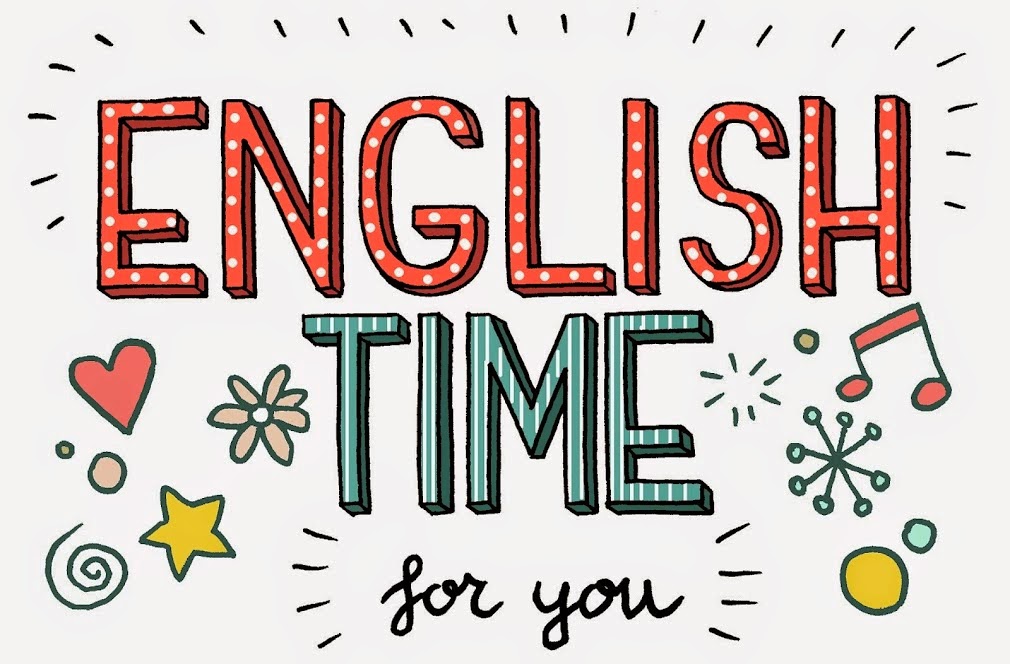
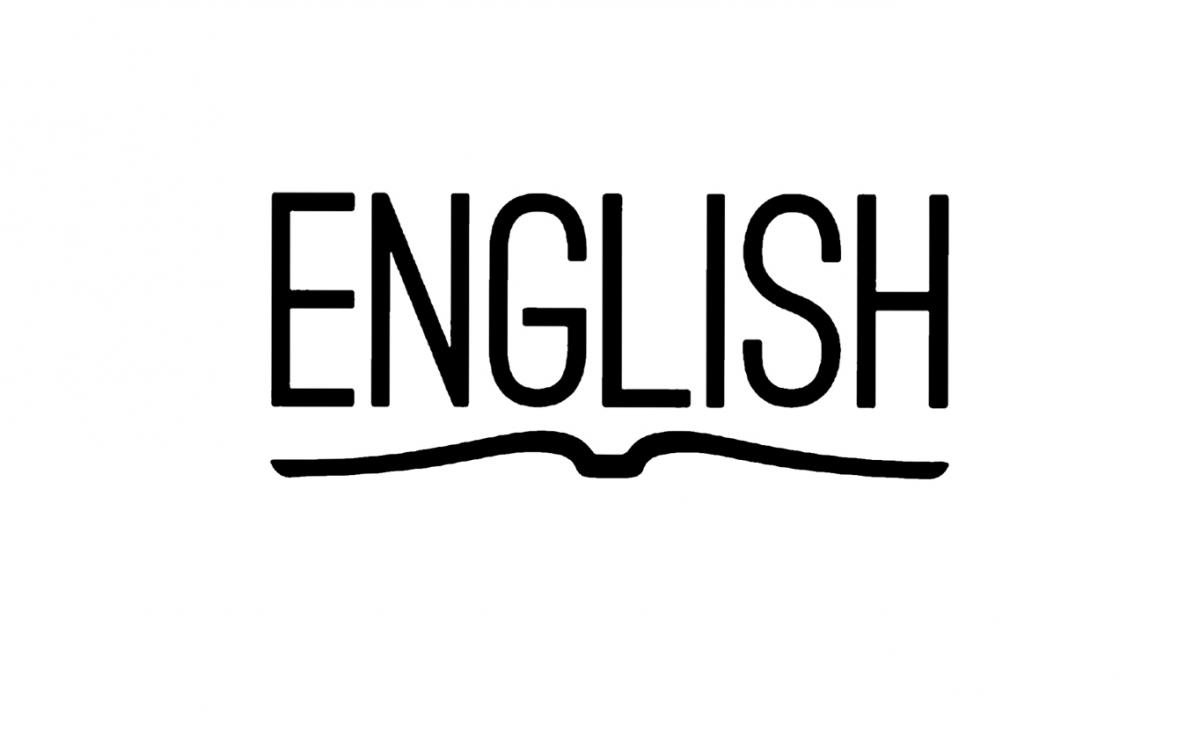
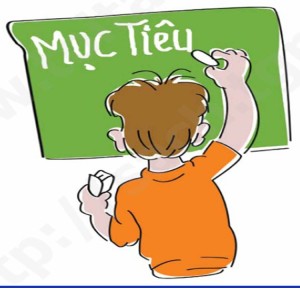
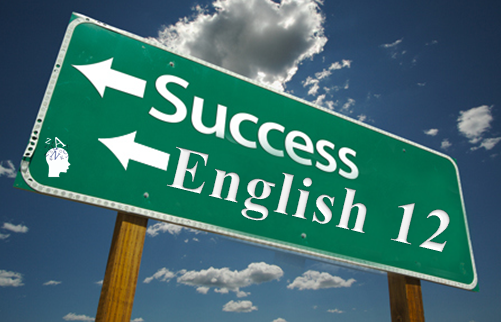
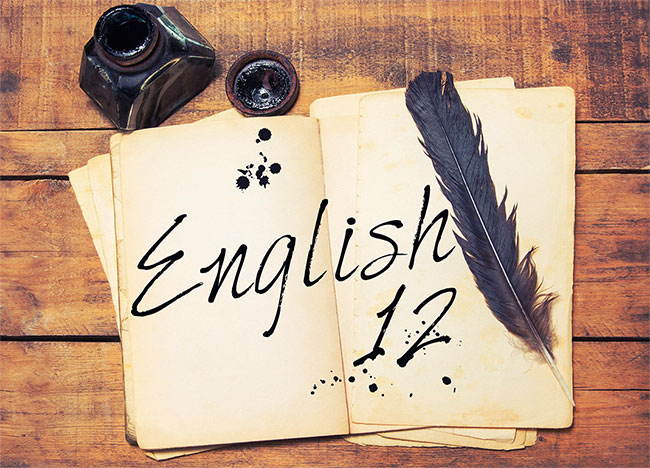
.jpg)


.png)






